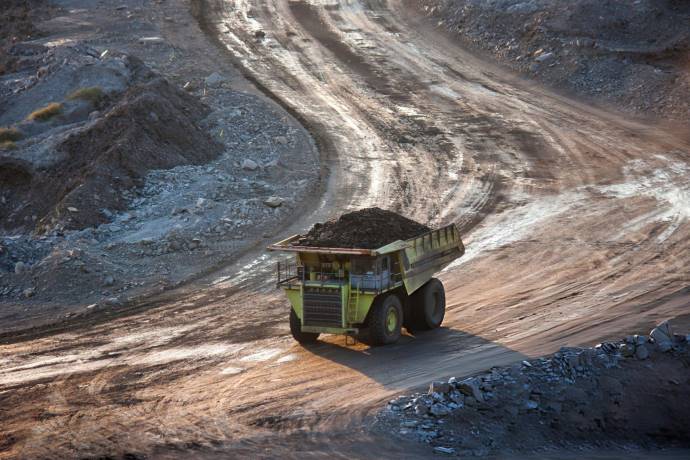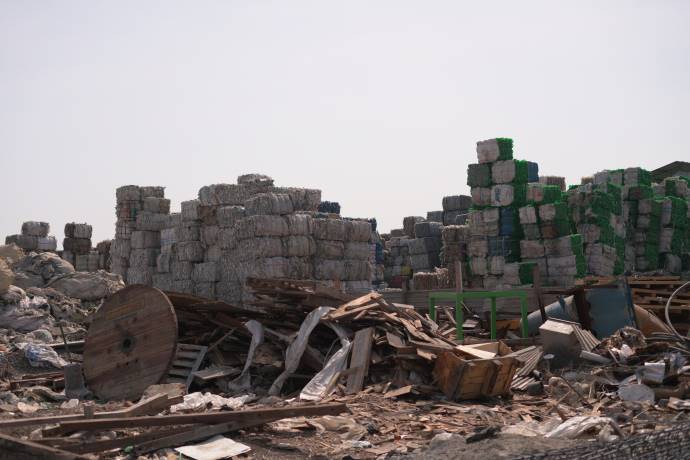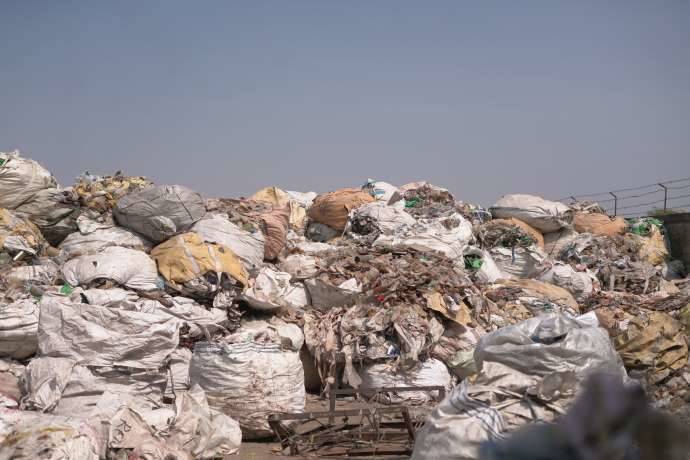What Is Recycled PET (rPET)? Benefits, Uses & Sourcing Guide
Key Takeaways:
- rPET Offers a Competitive Advantage: Recycled PET helps manufacturers meet eco-regulatory standards, cut long-term costs, and satisfy rising consumer demand for sustainable products.
- Comparable to Virgin PET: With modern processing, high-quality rPET achieves strong mechanical performance and thermal stability, making it a dependable substitute in packaging, textiles, and industrial applications.
- Market Growth Is Accelerating: Driven by ESG goals and circular economy initiatives, rPET is becoming a strategic material choice for businesses worldwide.
First, What Is PET Plastic?
PET, or Polyethylene Terephthalate, is one of the world’s most widely used plastics. It is lightweight, transparent, strong, and commonly found in:
- Water and beverage bottles
- Food containers and trays
- Synthetic fibers (polyester for clothing, carpets, and upholstery)
While PET is recyclable, reliance on virgin PET (made from petroleum) contributes to resource depletion and higher carbon emissions.
What Is Recycled PET (rPET)?
Recycled PET (rPET) is PET plastic that has been collected, cleaned, and reprocessed into raw materials—flakes or pellets—that can be reused in new products.
Instead of creating new plastic from fossil fuels, rPET extends the life of existing PET and reduces environmental impact.
High-quality rPET can be used in packaging, textiles, industrial fibers, and even food-grade applications, provided it meets strict safety standards.
Also Read : Recycled PET vs. Virgin PET - A Comprehensive Comparison
How Is rPET Made?
There are two main recycling methods:
1. Mechanical Recycling
- Collection and sorting of PET waste
- Washing and shredding into flakes
- Extrusion into pellets
2. Chemical Recycling (Advanced Recycling)
- Depolymerization of PET into its monomers
- Purification and repolymerization into virgin-quality PET
Both methods influence rPET’s performance, cost, and food-contact approval. Mechanical recycling is dominant today, while chemical recycling is growing as technology improves.
Why Are Manufacturers Shifting to rPET?
Here’s why more and more industries—especially textiles, packaging, and food & beverage—are turning to rPET:
1. Cost Efficiency in the Long Run
While rPET can cost more upfront than virgin PET, it reduces dependency on volatile oil prices and supports long-term ESG goals.
2. Eco-Regulatory Compliance
Governments and global brands are setting minimum recycled content requirements in packaging. Using rPET helps companies stay compliant with EU, US, and Asia-Pacific regulations.
Read More : Recycled PET for Food Contact - Safety and Standards
3. Meeting Customer & Client Demand
Both B2B and B2C markets are increasingly demanding sustainable packaging and textiles. rPET sends a clear message that your brand supports circularity.
What Products Can Be Made from rPET?
Recycled PET is versatile, and industries are already using it in:
- Textiles (like activewear, bags, and carpets). Read more here: Recycled PET for Clothing - What You Should Know
- Packaging materials (bottles, trays, and films)
- Industrial fibers and components – strapping, automotive components, 3D printing filaments
- Food-grade packaging – where regulations allow, rPET can replace virgin PET in beverage bottles and food containers
Learn more about its industrial applications here: Products Made from Recycled PET
How Does rPET Perform Compared to Virgin PET?
Modern rPET delivers comparable mechanical and thermal properties when processed correctly:
| Property | Virgin PET | rPET (modern SSP/advanced recycling) |
| Mechanical strength | High | High, when IV is restored |
| Thermal stability | Good | Comparable |
| Food-contact suitability | Yes | Yes, if EFSA/FDA compliant |
| Carbon footprint | High | ~60–80% lower than virgin PET |
Dive deeper into performance data: Recycled PET Properties and Benefits for Manufacturing
Market Outlook: Is It Just a Trend?
Not at all. Global demand for rPET is growing rapidly, driven by:
- Circular economy commitments by multinational brands
- Government regulations on minimum recycled content
- ESG reporting requirements for manufacturers
See current industry trends and where the rPET market is headed: Demand and Market Trends for rPET Products
Where Can You Source High-Quality rPET?
Langgeng Jaya Group provides rPET clear flakes that are high-quality, food-grade ready, and customizable to your production needs.
View Our rPET Clear Flakes Product Page
Interested in Other Recycled Materials?
If you're also exploring other sustainable plastics for industrial use, you may want to read our guide on: Virgin vs Recycled Polypropylene - What You Need to Know
This article complements your understanding of rPET by introducing another widely used recycled plastic that might fit into your manufacturing line.
Final Thoughts: Is Recycled PET Right for Your Business?
If you're looking to future-proof your products, reduce environmental impact, and respond to market demand—then yes, rPET is not just a smart move; it's the right move.
Langgeng Jaya Group is ready to help you transition to high-quality, dependable recycled plastics for your operations.



